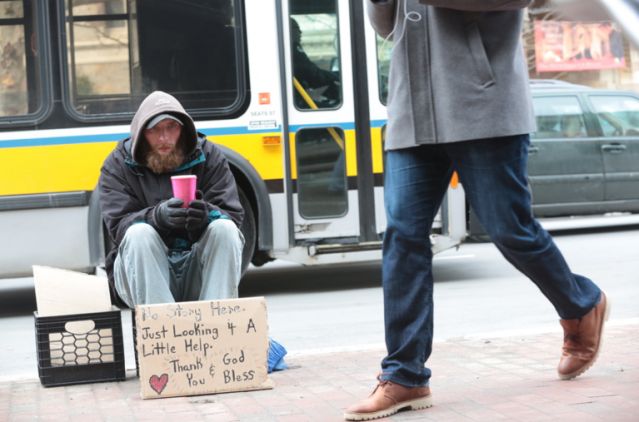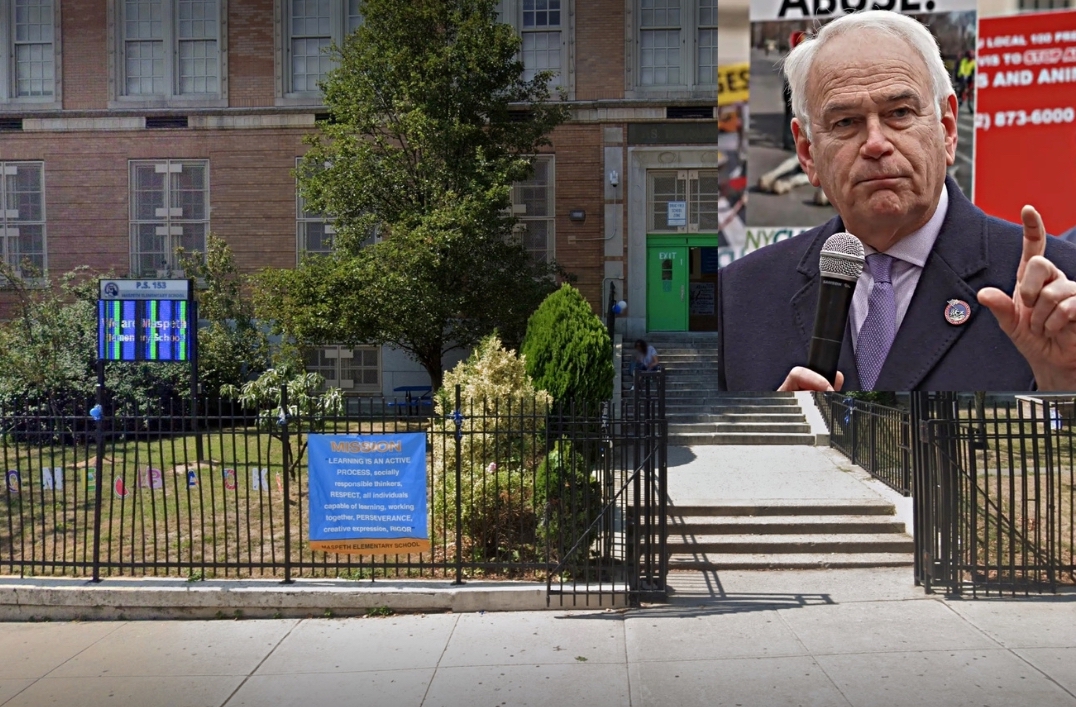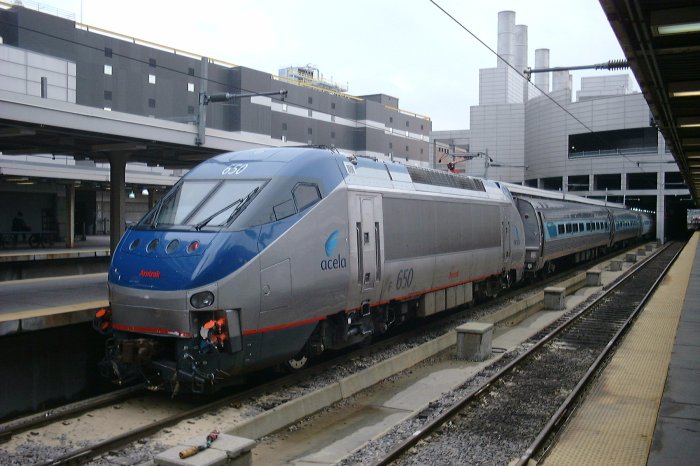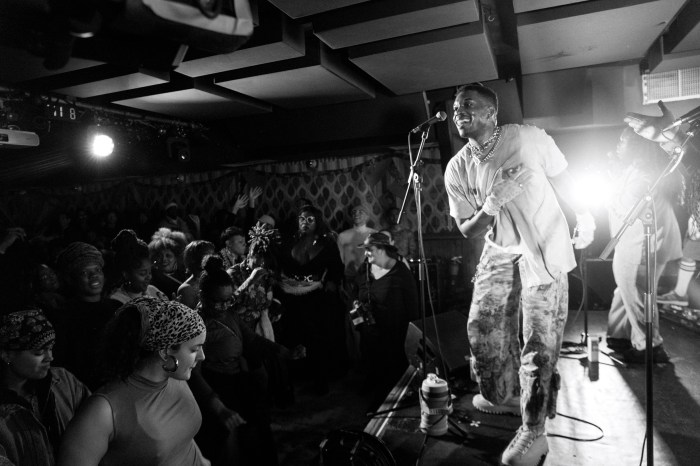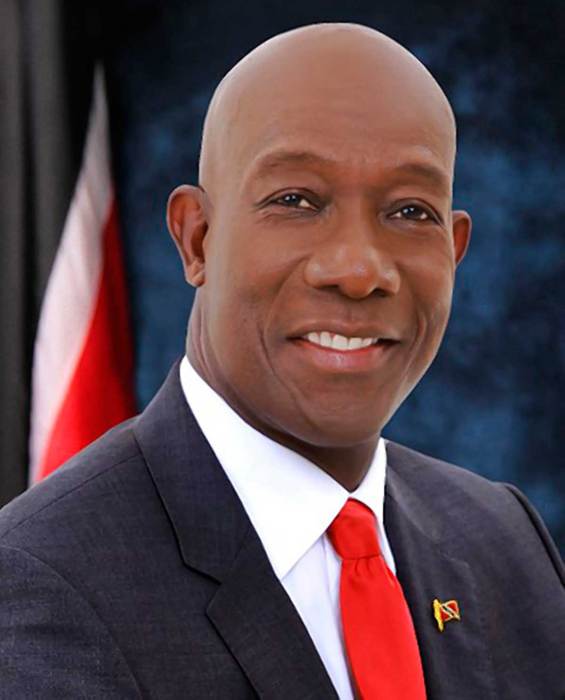Massachusetts experienced one of the largest increases in family homelessness in the nation since the 2008 fiscal year, according to a new report that found the number of Bay State families receiving emergency housing assistance has more than doubled. The Boston Foundation report, released Thursday, said families and children make up the largest group of people who are homeless or on the brink of homelessness in Massachusetts, with children under age 18 accounting for 60 percent of the 13,000 people experiencing family homelessness on any given day. In the 2016 fiscal year, 4,794 families entered the emergency assistance system, in addition to 3,560 whose enrollment continued from a previous year, according to data in the report.
The number of homeless families nationwide has been decreasing steadily since 2012 and fallen a total of 22 percent since 2007, while the number in both Boston and Massachusetts as a whole has risen 43 percent since 2007, the report said. Families who entered a shelter in the 2008 fiscal year stayed an average of 247 days, while those entering in fiscal 2013 stayed 360 days, according to the analysis, which found that families with longer stays are more likely to have a head of household who is younger, black, Hispanic and female. Of the families who entered the “homeless assistance system” in 2008, 18 percent returned within three years, while 13 percent who entered in 2013 came back. The report also found that the number of new entrants into the system has dropped in the past two years, a decline that coincides with both eligibility changes and the use of other homeless assistance programs that offer prevention and stabilization supports. To help families leave shelters more quickly and be more likely to connect with stable housing, the report recommended an emphasis on “understanding the resources a family has and how to build upon those (such as helping working families save money while in a shelter); assessing job skills and how a family might benefit from job training; and more concentrated resources to help families locate housing in tight housing markets.” DHCD Undersecretary Chrystal Kornegay said in a statement that the report’s data can help guide future policy and practice decisions, and that the department “is proud of the progress made in reducing family homelessness under the current administration.” Gov. Charlie Baker, in his State of the Commonwealth address last month, said the number of homeless families sheltered in hotels and motels has fallen from more than 1,500 to fewer than 100 in the past two years. He said his administration is working with housing authorities and other providers to help families avoid homelessness.
Massachusetts sees increase in family homelessness: Report
